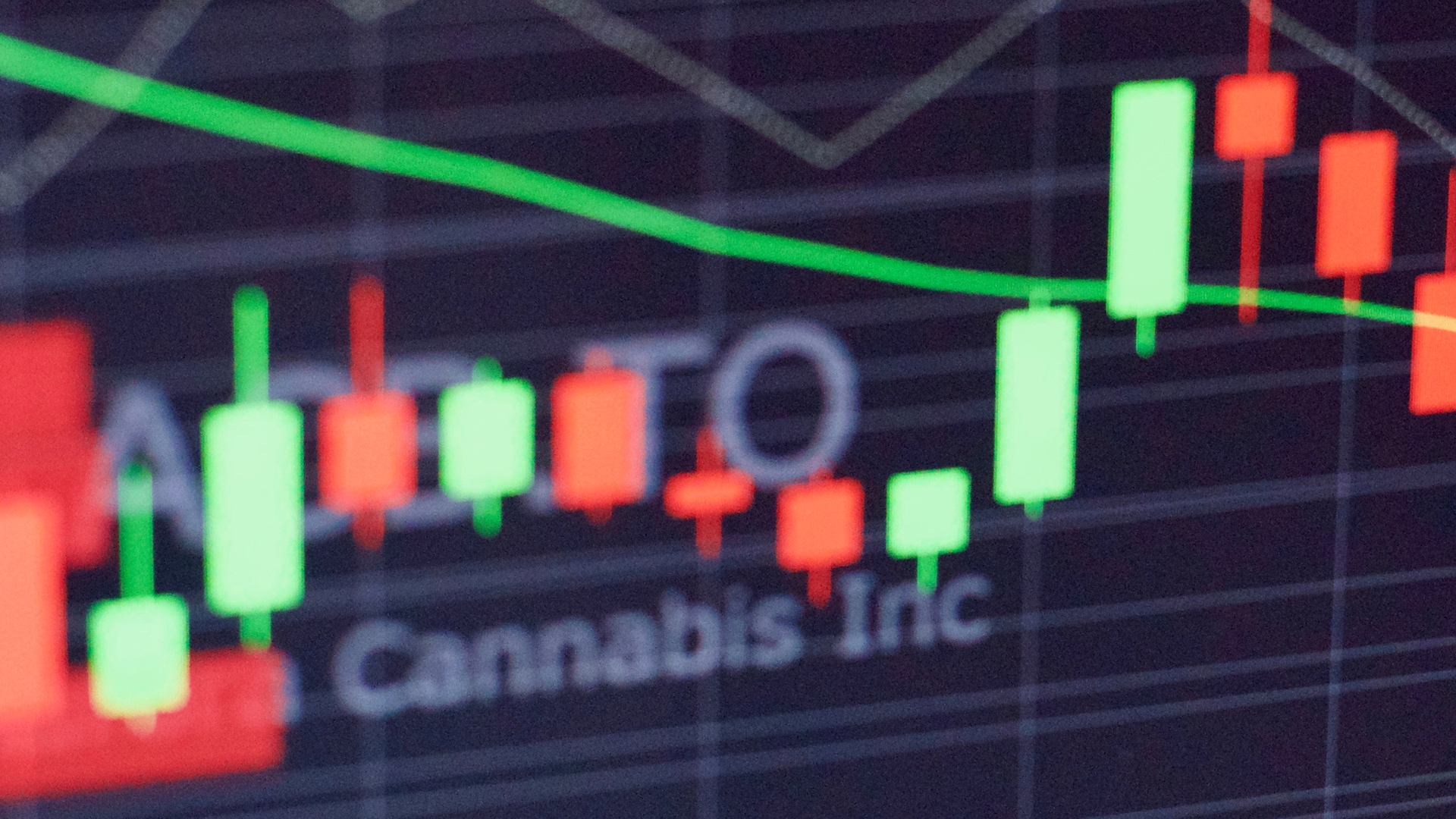As the Canadian cannabis landscape shifts and the industry grows with each passing day, one important question remains on the mind of many cannabis business owners: Why is the Toronto Stock Exchange (TSX) afraid of Canadians doing business with American cannabis companies?
The TSX and the TSX Venture Exchange sent shockwaves through the cannabis industry by announcing on Oct. 16, 2017, that any of their listed companies involved in activities that violate US federal law — namely dealing in anything weed-related in the US — could be delisted. TSX added that although various states had legalized, marijuana was and still is a Schedule I drug on the Controlled Substances Act in the United States.
Today, that position on US cannabis still stands despite the fact that other exchanges, such as the Canadian Securities Exchange (CSE), allow Canadian companies to have ties to American cannabis and also list on their exchange.
“There was a lot of uncertainty in the summertime [of 2017], there were a lot of articles written about it and some volatility in the stocks as a result of this,” Andrew Wilder, chair of the Cannabis Law Group at Torkin Manes LLP, told Marijuana.com. “There were issues because a number of TSX-listed cannabis companies had these US operations, and [the TSX] was actively talking with them to try and figure out how to resolve the issue.”
Before the announcement, companies on the TSX that fund or assist American cannabis companies obviously did not feel that cross-border partnerships were enough of a violation to risk getting delisted, so what spooked the TSX into making this restriction?

One Possibility: The United States’ Long History of Influencing Canada’s Cannabis Policies
Canada has had a long history of harassment from our neighbor to the south when it comes to the legalities of cannabis.
In the late 1930s, when cannabis prohibition was enacted in the US, our American friends persuaded the Royal Canadian Mounted Police to go across the country and get farms to take down their hemp plants, which were growing everywhere.
Over the next several decades, it was impossible to escape the gargantuan level of American propaganda spewing the gospel on the dangers of pot across its northern border. This poisonous reefer madness mentality became so prevalent that any discussion around marijuana legalization was quickly demonized as the musings of degenerates looking to validate a drug habit.
In 2003, Prime Minister Jean Chretien backed Bill C-38, which if passed, would have decriminalized small amounts of cannabis in Canada. The backlash from the US government, threatening long tie-ups at the border while inspectors checked individual vehicles for marijuana, was stated as one of the biggest reasons this initiative failed at the time.
Given the ambivalence the Trump administration has toward cannabis, it is a safe assumption that the US government could have threatened Canadian financial regulators.
Wilder admittedly doesn’t know if US influence is behind the TSX decision, but does not feel that it is out of the realm of possibility. He pointed to the rescinding of the Cole memorandum as a possible catalyst for the alarm but reiterated that there’s no way to know for sure.
“[US pressure] is entirely possible. I think it’s also possible that large, successful [exclusively] Canadian-based cannabis companies were putting pressure on the exchange to put out this sort of guidance to help their position,” Wilder said.
Wilder’s point regarding TSX-traded cannabis companies possibly lobbying the exchange to clamp down makes a lot of sense. The evidence of this lies in the fact that the aforementioned Canadian Securities Exchange (CSE), an alternative stock exchange in Canada, allows for business dealings with US marijuana companies in legal states. “[The CSE] certainly has been cannabis-friendly,” Wilder said.
Whatever the TSX’s reasoning is, be it domestic and international pressure, or perhaps some other unknown impetus, the complete failure of cannabis prohibition in the US is all too evident. And nationwide legalization will happen sooner or later. When that occurs, is it safe to assume the TSX will loosen its stance on trading with US marijuana?
“I certainly believe that if cannabis is taken off of Schedule I of the [American] Controlled Substances Act, the Toronto Stock Exchange would put out a notice to say that all these issuers who want to list here are now in compliance with local US laws, so we don’t have any issue,” Wilder said.
This article was originally published on Marijuana.com